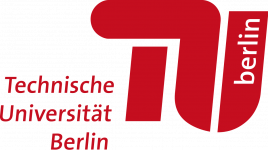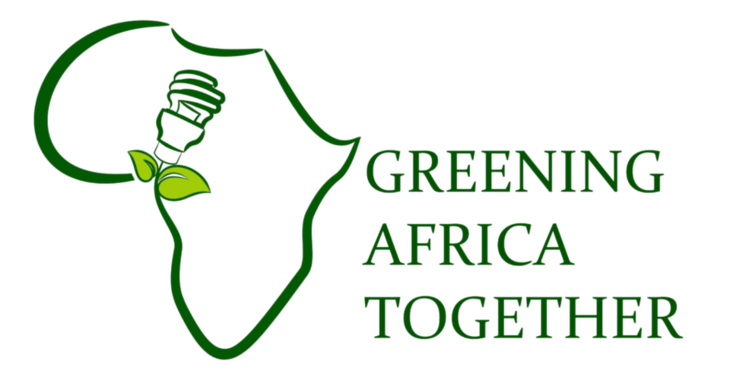Ghana Solar Schools Project
Join us in making a lasting difference in education, water access, and environmental sustainability



C02 Compensation
C02 avoided
274.80 tC02
C02 Credit
50 Euros/tC02
Project Duration
20 Years
Implementation started in October 2022
Project's Location
The location of the Project is Fomena, Ashanti region of Ghana.
Abu Bonsra D/A Basic School: A2-0003-8411
Methodist School: KG – A2-0007- PRIMARY – A2-0007- JHS – A2-0007-1068
Project Description
Ghana Solar Schools Project aims to provide renewable energy (solar panels) to Abu Bonsra D/A Basic and Methodist Schools in the Fomena community, Ashanti Region, Ghana. Fomena is a small town and is the capital of Adansi North district. It lies at latitude 6°16′N 1°30′W with a population of 43,403. The two schools have no electricity and water source which has negatively impacted students’ academic performance. Our goal is to ensure a consistent and reliable electricity supply, enhancing learning conditions and promoting environmental sustainability. We aim to expand impact by installing additional solar panels to power boreholes to address water supply challenges and positively impact hygiene, sanitation, and overall well-being for students, teachers, and the community. Currently, part of the Methodist classrooms has been installed with solar PV. The project intends to do the next implementation in March 2024 by powering the rest of the classrooms in Methodist and the entire Abura Bonsra Schools. Our international project team, comprised of students from TU Berlin (Germany) and Kwame Nkrumah University of Science and Technology (Ghana), collaborates with non-profit organizations (GATo, Alle Hand in Hand e.V.) and the local community, aligning with Sustainable Development Goals (SDGs) for quality education, clean water and sanitation, affordable and clean energy, and climate action.

Quality Education
Ensuring a steady supply of electricity can improve audio-visual learning and make evening preparations easier. This could also serve as a motivation to draw new and highly skilled teachers to the community.

Clean Water and Sanitation
Providing a mechanized borehole and conducting waste management training are essential steps for the community’s development.
Benefits

Affordable and Clean Energy
The utilization of solar energy, a sustainable and renewable source of power, can significantly contribute to our energy needs.

Climate Action
Efforts to minimize CO2 emissions and reduce reliance on fossil fuels are crucial steps towards a sustainable future.
-
Improve learning environments with well-lightened classrooms and ICT integration
-
Encourage skill development and job creation through solar PV installation and maintenance
-
Improve safety with enhanced lighting in public areas and households
Climate Service
-
Foster a clean environment and reduce carbon footprint
-
Make the community a hub for constant electricity
-
Reduce energy costs of the community
-
Provide access to clean drinking water through solar pumping






